Service hotline
+86 0755-83044319
release time:2023-09-14Author source:SlkorBrowse:9782
This year, artificial intelligence has attracted continuous attention. At the 19th Summer Summit of the Yabuli China Entrepreneur Forum held recently, participants enthusiastically discussed the topic of large-scale AI models.

At the 19th Summer Summit of the Yabuli China Entrepreneur Forum in 2023, guests engaged in discussions on the theme of "The Potential and Boundaries of AI
The Revolution of Machine Deep Learning
GPT is an advanced natural language processing model that can adapt to various tasks through pre-training, achieving higher language understanding and generation capabilities. Zhou Hongyi, the founder of 360 Group, said that the greatest innovation of OpenAI is breaking through limitations and being able to train large models with all human knowledge.
"The revolution of machine deep learning has gone through three waves, with each wave bigger than the previous one," recalled Yu Kai, the founder and CEO of Horizon Robotics. The first wave occurred around 2010, when deep learning replaced Markov models in speech recognition, achieving unprecedented results. The second wave was in 2012 when convolutional neural networks made breakthrough progress in image recognition, surpassing people's expectations. The recent third wave is represented by ChatGPT, whose language model approaches or even exceeds human-level performance, revolutionizing the research in computational linguistics and natural language processing of the past four or five decades. It is a revolutionary technological breakthrough.
Ding Ning, Executive Vice President of Shenzhen Institute of Artificial Intelligence and Robotics, pointed out that the key to large-scale models lies in the pre-training process. "In the past, machine learning was guided by human directions or machine exploration. Pre-training involves constructing a system of common knowledge based on the rules of the world's operation. This association is built through common sense, and its effectiveness goes beyond imagination."

Shenzhen Institute of Artificial Intelligence and Robotic
"Large-scale models are a new methodology that enables AI to possess human-like intelligence," explained Chen Ning, the founder and CEO of Shenzhen YunTianLiFei Technology Co., Ltd. In practice, large-scale models involve inputting the interdisciplinary and cross-industry human knowledge system into mathematical models of neural networks with supercomputing power. Through computational paradigms, they possess the ability for content generation and logical reasoning in various fields.
China is still in the stage of catching up
In the new round of AI competition, can China catch up quickly? Yu Kai stated that building a large-scale model requires thousands of chips, and high computing power requires interconnection between chips, which in turn requires ultra-high-speed bandwidth. Currently, China still has a significant gap compared to leading companies in terms of overall comprehensive strength and innovative development in large-scale models.
"There are also application and cost issues with large-scale models. Currently, the cost of chips, especially for training and inference, is relatively high," said Chen Ning.
AI chips can be divided into two categories: training chips and inference chips. For large-scale models and AI algorithms, training is not the ultimate goal; inference and application are. In terms of training chips, many Chinese enterprises are still in the catching-up stage due to limitations in production equipment and processes. In the field of inference, there are many opportunities due to fragmented scenarios, as there are no international standards or monopolistic enterprises yet.
Zhou Hongyi stated that artificial intelligence is an industrial revolution, and everyone is concerned about how AI can combine with industrial digitization to achieve industrialization, enterpriseization, specialization, and verticalization. Although it takes time to catch up in original innovation, China's large population, numerous enterprises, and diverse scenarios will generate many opportunities for innovation.

The industry is expected to enter a period of rapid growth
Can China develop a product comparable to ChatGPT?
"Innovation requires the power of an ecosystem and the power of curiosity," said Chen Ning. There have been many disruptive innovations in the past two years, and there will certainly be more technological innovations emerging in the future. China has a large volume of application scenario data, but lacks a set of industry standard systems and has not fully leveraged its differentiated advantages through technological tools. It is important to measure the goals and effects of various open scenarios using industry standards and technical standards.
"When each new generation of technology emerges, the biggest beneficiaries are those who are most sensitive to technology. The key is to achieve the best combination of industry demand and technology," said Yu Kai. Artificial intelligence is an extremely efficient production tool that will soon have an impact on various industries.

"In the future, everyone may have three robots: one service robot at home, one work robot in the office, and another travel robot - either a self-driving car or a low-altitude passenger-carrying drone. These three robots are likely to be driven by new technological paths and AI capabilities derived from large-scale models or their evolutions. We hope that we can have independently developed chips powering these robots," said Tian Suning, Chairman of the Digital Frontier Technology Committee of the Yabuli Forum and co-founder of AsiaInfo. In the future, robots will assist us in improving our work, daily life, and transportation. With a focus on artificial intelligence, the digital economy, next-generation chips, and application scenarios, the entire industry is expected to enter a period of rapid growth.
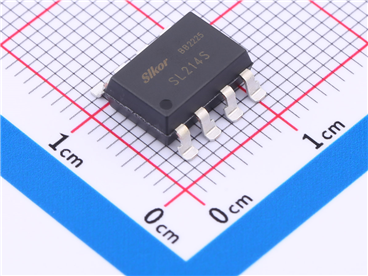
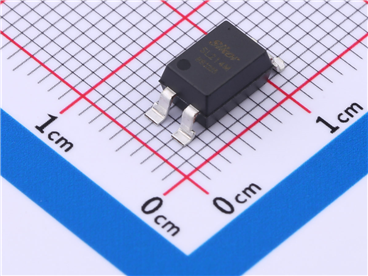
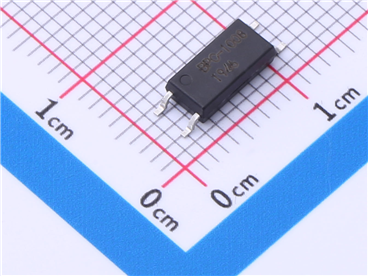
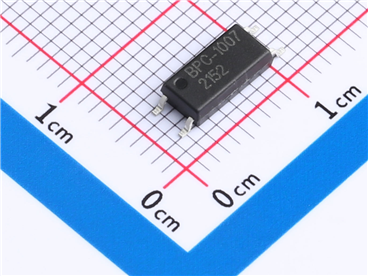
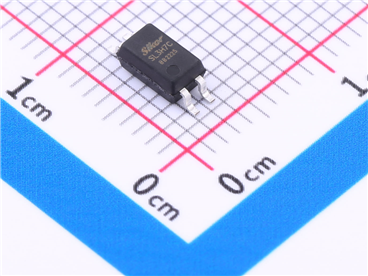

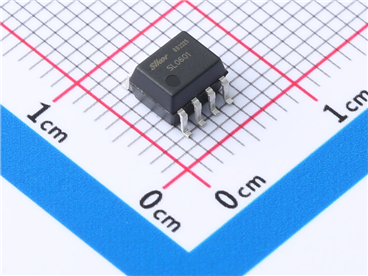


Site Map | 萨科微 | 金航标 | Slkor | Kinghelm
RU | FR | DE | IT | ES | PT | JA | KO | AR | TR | TH | MS | VI | MG | FA | ZH-TW | HR | BG | SD| GD | SN | SM | PS | LB | KY | KU | HAW | CO | AM | UZ | TG | SU | ST | ML | KK | NY | ZU | YO | TE | TA | SO| PA| NE | MN | MI | LA | LO | KM | KN
| JW | IG | HMN | HA | EO | CEB | BS | BN | UR | HT | KA | EU | AZ | HY | YI |MK | IS | BE | CY | GA | SW | SV | AF | FA | TR | TH | MT | HU | GL | ET | NL | DA | CS | FI | EL | HI | NO | PL | RO | CA | TL | IW | LV | ID | LT | SR | SQ | SL | UK
Copyright ©2015-2025 Shenzhen Slkor Micro Semicon Co., Ltd